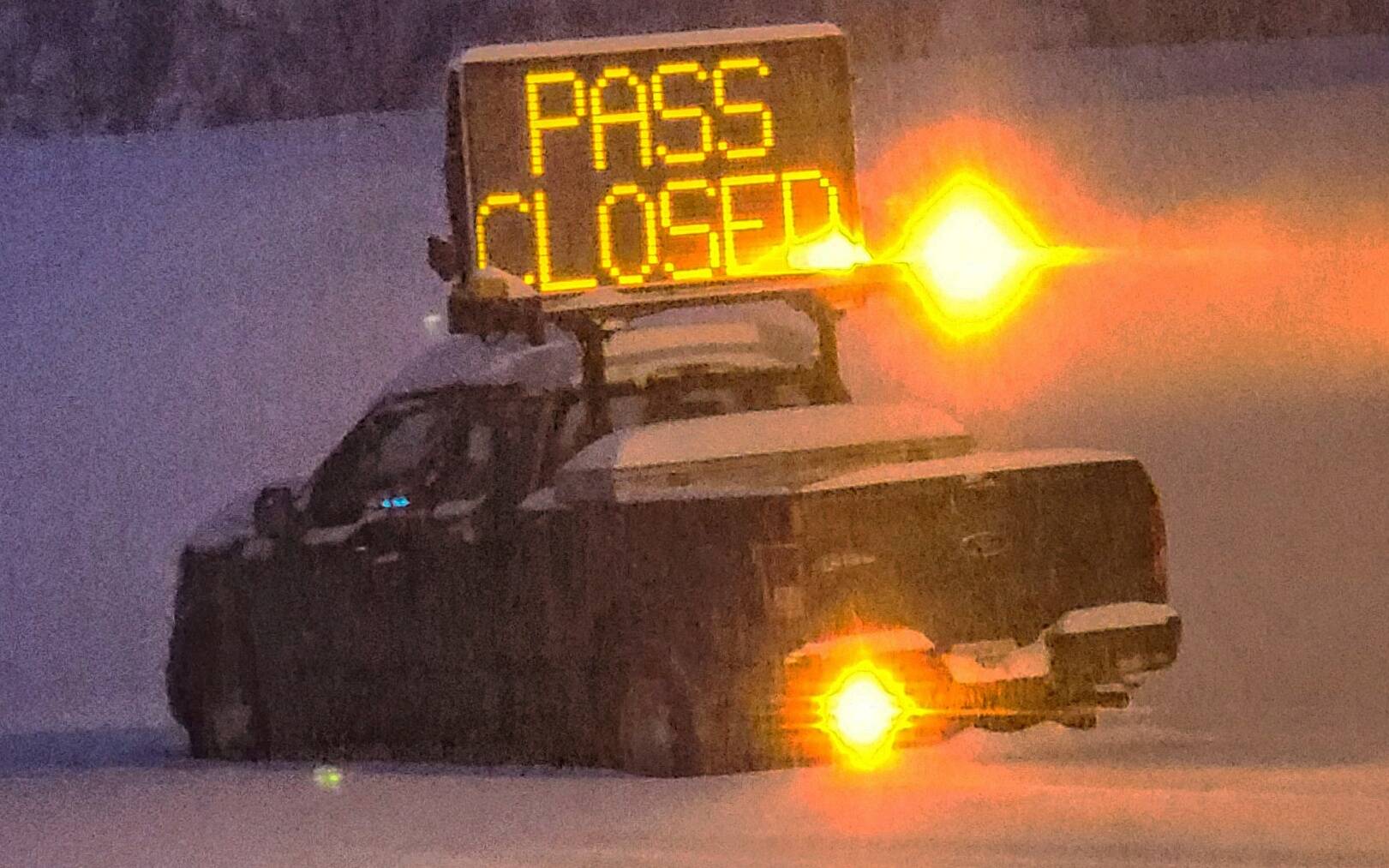The National Weather Service has issued a flood watch for the Snoqualmie Valley through Saturday afternoon (Jan. 8), as excessive runoff from melting snow and heavy rainfall are expected.
Officials in Snoqualmie and North Bend are asking residents to help public works crews clear storm drains blocked by snow and ice to reduce the chance of potential flooding on roadways, as snow plows continue to clear city roads. With major and secondary roads clear, crews are working to clear local streets and asking residents to keep their cars out of the roadway.
The Floodzilla Gauge network is predicting flows along the Snoqualmie River to peak and descend quickly, reaching its highest flows late Friday, Jan. 7. The sum of the river’s three forks will reach flows near 6,000 cubic feet per second (cfs), which is unlikely to bring flooding along the river. Minor flooding is expected at flows of 12,000 cfs.
Flooding is forecasted to be more prominent near Carnation, where flows from the Tolt River could bring minor to moderate flooding Thursday night and into Friday morning.
“It’s not expected to be a long lasting or particularly significant flooding event for this time of year,” said Doug Williams, a spokesperson with the King County Department of Natural Resources and Parks.
The National Weather Service has issued a flood watch for Issaquah Creek and is expecting a similar flood event to the one in 2020. Williams said most flooding is expected in South King County along the White and Green Rivers.
There is a possibility for another half-inch of snow accumulation in the Valley on Friday, according to the National Weather Service. In light of recent snowfall, Snoqualmie residents can leave up to three times as much bagged garbage at next weeks regular pick-up time.
Pass closed with avalanche danger
The Snoqualmie Pass will be closed until at least Friday and likely Saturday (Jan. 7-8) as crews with the Washington State Department of Transportation are unable to clear the area due to extreme weather conditions.
The area is seeing heavy snowfall — its highest record snowfall in 20 years on Jan. 3 — and the National Weather Service has issued an avalanche warning for the entire Cascade Mountain Range.
The Northwest Avalanche Center lists the Snoqualmie Pass and surrounding areas as a high risk for a potential avalanche.
This story will be updated if information changes.


